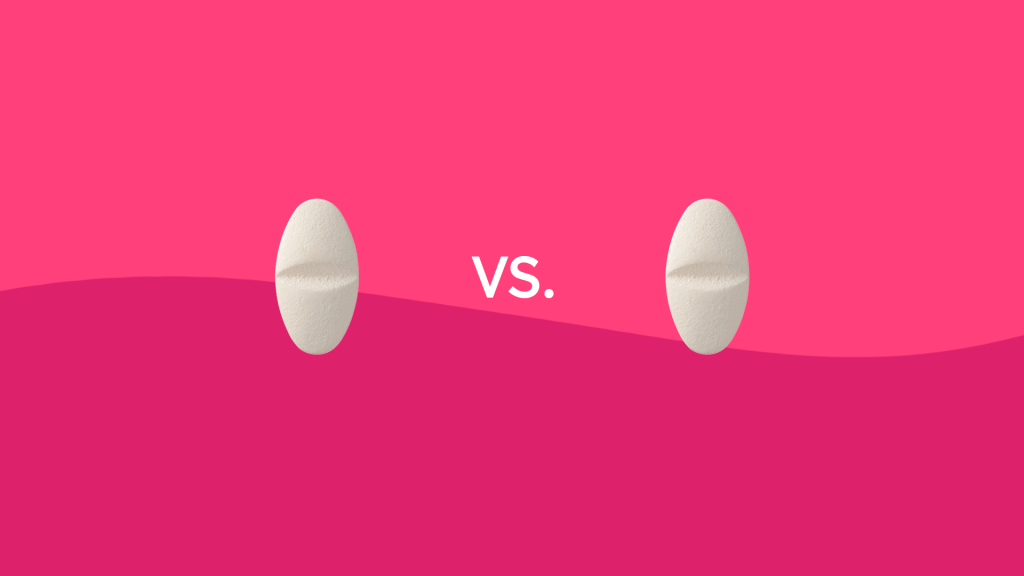Can you take Sudafed and Dayquil
Can you take Sudafed and Dayquil? When cold and flu symptoms strike, finding effective relief becomes a top priority. Sudafed and DayQuil are two popular over-the-counter medications known for their efficacy in alleviating common cold and flu symptoms. In this article, we will delve into the characteristics, uses, potential side effects, and considerations when using Sudafed and DayQuil.
Understanding Sudafed:
Sudafed is a brand name for pseudoephedrine, a nasal decongestant. It works by shrinking the blood vessels in the nasal passages, thereby reducing congestion. Sudafed is commonly used to relieve symptoms such as stuffy nose, sinus congestion, and pressure caused by the common cold, allergies, or sinusitis. It is important to note that pseudoephedrine is regulated due to its potential for misuse in the production of illicit drugs.
Exploring DayQuil:
DayQuil is a brand name for a multi-symptom relief formula that combines several active ingredients. Typically, DayQuil formulations contain acetaminophen, which provides pain relief and reduces fever. Additionally, it includes dextromethorphan, a cough suppressant, and phenylephrine, a nasal decongestant. DayQuil is designed to tackle a range of cold and flu symptoms, including nasal congestion, cough, headache, sore throat, and minor body aches.
Read more: What is Crystal wash Tie-dye? And why you should add it to your Wardrobe
Using Sudafed and DayQuil Together:
Taking Sudafed and DayQuil together may not always be recommended, as both medications contain decongestants. Combining decongestants can lead to an excessive stimulation of the cardiovascular system, potentially causing increased blood pressure, rapid heartbeat, or other adverse effects. It is crucial to consult a healthcare professional or pharmacist before combining these medications to ensure it is safe and appropriate for your specific situation.
Considerations and Precautions:
Read the labels: Carefully read the packaging and instructions for both medications to understand the recommended dosage, potential side effects, and any contraindications. Pay attention to the active ingredients to avoid double-dosing or exceeding the recommended limits.
Consult a healthcare professional: If you are unsure about the appropriateness of using Sudafed or DayQuil, or if you have any underlying health conditions or are taking other medications, consult with a healthcare professional or pharmacist for personalized advice.
Follow recommended dosages: Stick to the recommended dosages provided on the packaging or as directed by a healthcare professional. Avoid taking higher doses or extending the duration of use beyond what is recommended.
Be aware of potential side effects: Both Sudafed and DayQuil can cause side effects such as dizziness, nausea, nervousness, or sleep disturbances. If you experience any severe or persistent side effects, discontinue use and consult a healthcare professional.
Conclusion:
Sudafed and DayQuil are widely recognized over-the-counter medications used to alleviate cold and flu symptoms. While Sudafed primarily targets nasal congestion, DayQuil provides multi-symptom relief. However, it is important to exercise caution when considering taking these medications together due to potential interactions and the risk of exceeding recommended dosages. Always consult a healthcare professional or pharmacist to determine the most appropriate course of action for your specific needs and health condition.
Read more: Eco-friendly Solutions: Going Paperless with PDF Editors

